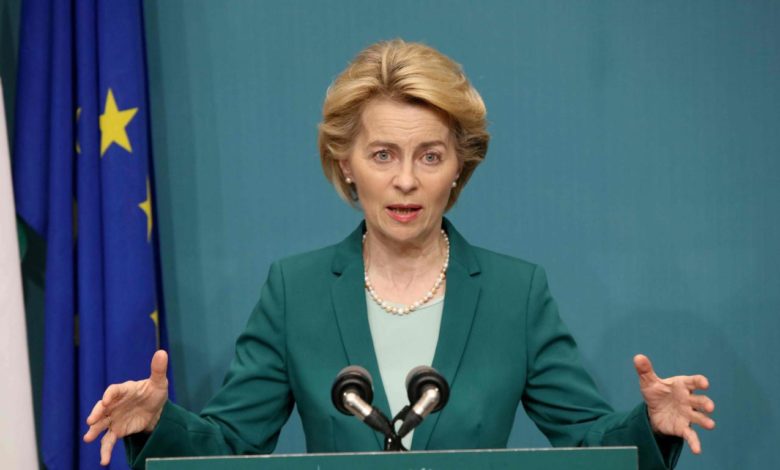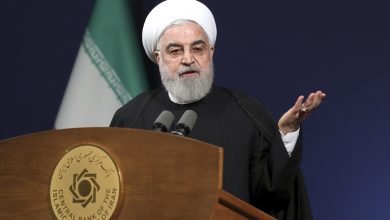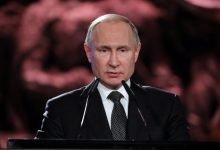
It has been a difficult start to 2020 for the EU and the new European commission, which took office last month. Ursula von der Leyen, who succeeded Jean-Claude Juncker as commission president, is not short of ambition. She believes Europe should take a leading “geopolitical” role in international affairs, reflecting the EU’s status as the world’s largest trade bloc. But turning words into deeds is proving problematic.
“The EU needs to be more strategic, more assertive and more united in its approach to external relations,” Von der Leyen told Josep Borrell, the newly nominated EU high representative for foreign and security policy, in a mission statement last autumn. “We must use our diplomatic and economic strength to support global stability and prosperity… and be better able to export our values and standards.”
It’s early days. But to suggest Borrell, a 72-year-old Spanish former foreign minister, is struggling to fulfil this bold mandate is to put it mildly. Humiliation has been heaped upon humiliation in recent weeks, leaving the EU looking more like an irrelevance than a rainmaker. When Donald Trump ordered the assassination of Iran’s senior general, Qassem Suleimani, he totally ignored his European allies.
Trump’s unilateral, action effectively blew up the most prized achievement of Borrell’s predecessors, Federica Mogherini and Cathy Ashton – the 2015 nuclear deal with Iran, which was already on life-support because of US sanctions. Adding insult to injury, the US then insisted that the EU3 (Britain, France and Germany) trigger the deal’s dispute mechanism. They complied. Iran, predictably, reacted with fury.
The point is that the EU opposes Trump’s “maximum pressure” policy towards Tehran and has sought ways to circumvent it, for example by maintaining non-dollar trade in food and medicine. But European businesses, fearing US reprisals, have mostly refused to play ball. When the EU commission mandated the European Investment Bank to support investment in Iran, it balked for the same reason.
Embarrassing, too, was the revelation that Trump secretly threatened to impose 25% tariffs on European car imports unless the dispute mechanism was triggered, a move likened to “extortion” by one official. The EU3 claim they were going to do it anyway. The episode is a troubling example of the US trying, and succeeding, to direct EU foreign policy. It left Europe looking miserably weak.
Weakness also characterises the EU’s approach to the Libyan conflict, which it has a vital interest in halting, given the link to destabilising migrant flows across the Mediterranean. Yet another attempt to stop the war will be made in Berlin today under UN and German auspices. But EU states appear at odds over which of the two warring sides to support.
Angered by a deal between Turkey and the UN-recognised government in Tripoli, which seeks to control disputed energy resources in the eastern Mediterranean, Greece and Cyprus are courting Khalifa Haftar, the Libyan rebel leader, who held talks in Athens last week. France has also appeared at times to support the rebel general, while Italy leans the other way.
The minimalist hope in Berlin is that a permanent ceasefire can be agreed. But the Turkish decision to ignore EU pleas and send mercenaries to join the fight – condemned by Borrell as “very dangerous” – plus blatant meddling by Russia and multiple Arab states show how little influence a sidelined EU has.
Whether the issue is Syria, the conflict in eastern Ukraine or Palestine (where Trump has again ignored EU policy), Europe is punching well below its weight, Von der Leyen’s strictures notwithstanding. This is not a new problem. But it is getting worse. As the US, China and Russia and their imitators play destructive global power games, the EU can only watch and fret. And Britain, drifting off, rudderless and irresponsible, into transatlantic limbo is no help at all.







